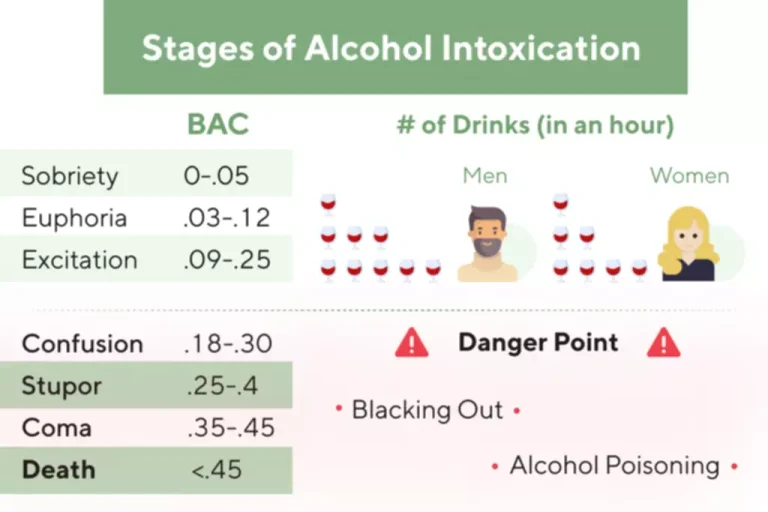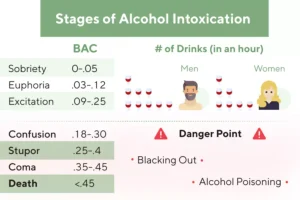
Contact can alcoholism cause dementia your local Aegis Living community and ask to speak to one of our nurses for advice and referrals. This website will help you find the resources, support, and community to create your own path. You may face challenges along the way, but combining the power of hope with practical guidance and tools, you’ll be taking steps towards better health.

How to Access Rehab
In this comprehensive guide, we’ll explore the different aspects of dementia-related behaviors and provide practical tips and strategies to help you navigate the challenges of caring for a loved one with dementia. Because they can engage in conversation, a person with WKS may appear normal https://ecosoberhouse.com/ at first glance. Our expert nurses can help answer more questions you have about caring for a senior with alcohol-induced dementia.
Research into alcohol and dementia risk
In situations, where their dementia has progressed too far for intervention, caregivers will need to do their best to make their mom or dad feel safe and comfortable. The cornerstone of treating alcohol-related dementia is complete abstinence from alcohol. Medical detoxification may be necessary if a person has developed a physical dependence on alcohol. During detox, healthcare professionals can manage withdrawal symptoms and reduce complications. Diagnosing alcohol-related “dementia” typically involves a comprehensive assessment. A healthcare provider will review the person’s medical history, alcohol use history, and current symptoms.

Effects on the Brain
This is due to toxic damage and inhibition of nerve function, likely involving the hippocampus, a part of the brain that plays a significant role in helping people form and maintain memories. When nerve activity is inhibited or harmed, short-term memory loss can occur. Short-term memory loss can include forgetting events that occurred while you were intoxicated after a night of binge drinking. But long-term heavy alcohol use causes a persistent decline in memory and cognitive skills as part of dementia. Alcohol-related dementia with changes in mental status, memory loss, and personality may be the consequence of longstanding alcohol consumption. However, if you catch the signs early, it is possible to reverse some of the disease process with nutrition therapy and abstinence from alcohol.

- They will also take a patient’s history, perform a physical exam, and conduct lab tests.
- Early intervention, including alcohol cessation and nutritional support, can reduce risks and improve outcomes.
- They may also start to hear, see or believe things that are not true.
- Because heavy drinking often comes hand-in-hand with other dementia risk factors — including smoking, depression, and low education levels — cause and effect are difficult to tease apart.
- We understand mental health challenges firsthand and support your pursuit of well-being with compassion.
This is because women are at a greater risk of the damaging effects of alcohol. Sobriety People who are addicted to alcohol are also much less likely to have a balanced diet. This means that over months and years they have a higher risk of malnutrition, including a lack of vitamins such as thiamine (vitamin B1).
Recent Comments